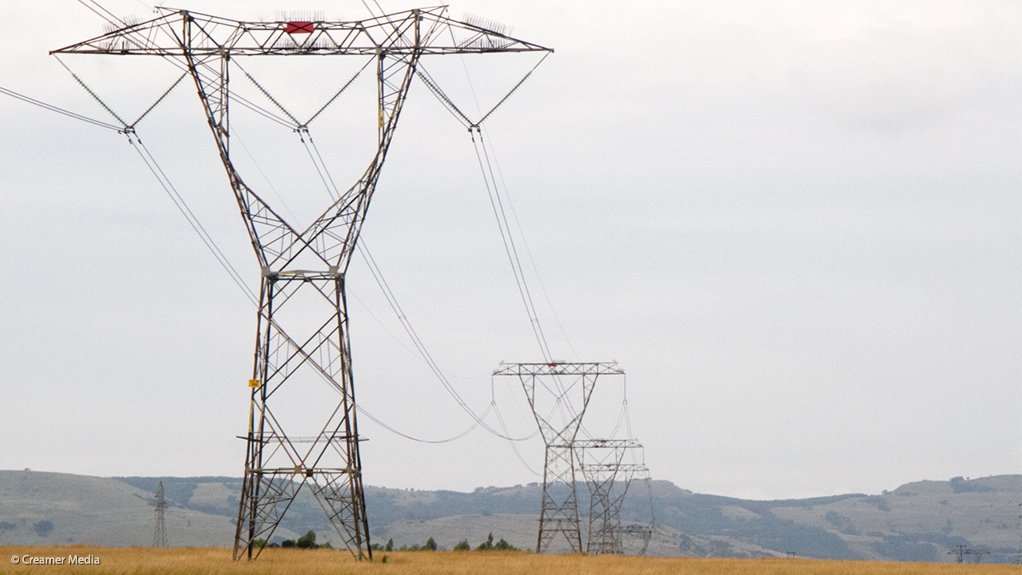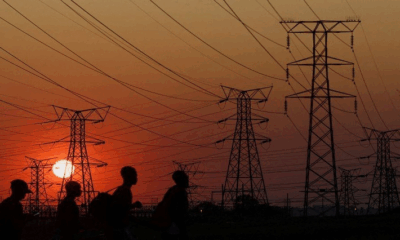Business
Eskom tariff settlement: Mining firms demand tariff reopener after R54bn deal

A settlement that shook industry confidence
South Africa’s energy-heavy industries, mines, smelters, and factories that keep the economy ticking, are sounding the alarm after Eskom’s surprise R54-billion settlement with the energy regulator. The deal, struck quietly behind closed doors, means steeper-than-expected electricity hikes for the next three years, and business leaders say it has thrown any sense of stability out the window.
The Energy Intensive Users Group (EIUG), whose members consume 40% of the country’s electricity and employ over 650,000 people, is calling for the most recent tariff determination to be reopened. They argue the settlement, combined with outstanding billions in Eskom’s regulatory clearing accounts (RCAs), has created an unpredictable price path that threatens jobs, investment, and the very survival of some operations.
Why tariffs matter so much
Electricity costs for some big industrial players make up nearly 40% of production costs. For ferrochrome smelters, steel producers, and iron ore processors, tariff hikes aren’t just an inconvenience, they’re the difference between staying open or shutting down.
Over the last two decades, Eskom’s average electricity price has risen eightfold, from just 19.9c/kWh in 2008 to 165.43c/kWh in 2024. Over the same period, electricity sales have dropped by nearly 20%. Heavy industry’s demand has fallen even faster, down 23% with hundreds of customers disappearing from the grid.
Social media reactions capture the mood bluntly. “Every year Eskom finds a new way to break us,” wrote one frustrated factory owner on X. Another added: “We can’t build an industrial economy on shifting goalposts. These secret settlements are killing confidence.”
The settlement shock
At the heart of the storm is the R54-billion Eskom–Nersa settlement. It corrects past errors in tariff calculations for 2025/26 through 2027/28.
-
Tariffs will now jump 8.76% in April 2026 (instead of 5.36%)
-
Another 8.83% increase will follow in 2027 (instead of 6.19%)
-
The rest of the billions will be clawed back later, but no schedule has been published
On top of this, Eskom has billions in RCA claims still to process, including R8.1 billion from 2021/22 and a pending claim for 2023/24. The EIUG warns these could add another 4% or more to tariffs, making a difficult situation worse.
“This behind-closed-doors settlement is a complete shock to consumers,” said EIUG CEO Fanele Mondi. “It’s not just about the R54-billionit’s about transparency. Decisions of this magnitude cannot be made without consulting those who carry the cost.”
Calls for a reset
The EIUG isn’t just pushing back against the hikes; it wants the entire framework revisited. Mondi says the current Multiyear Price Determination (MYPD6) is no longer credible. “A review may reset the base and afford the industry a predictable price path,” he argued, adding that the January 2025 decision had briefly offered hope that Eskom was moving away from wild increases.
The group also wants:
-
Nersa to explain its settlement process and commit to consistent decision-making
-
Eskom to demonstrate efficiency improvements before passing costs to customers
-
A full review of South Africa’s electricity pricing policy, as recently flagged by Energy Minister Kgosientsho Ramokgopa
The bigger picture
For many South Africans, the fight over tariffs isn’t just about big mines, it’s about household survival too. While industrial firms argue about 19% increases on massive energy bills, ordinary families are bracing for higher electricity costs at home. And in a country still scarred by rolling blackouts, the anger is as much about trust as it is about money.
The backlash reflects a deeper anxiety: without affordable and reliable energy, both households and industries are stuck in survival mode. For miners and smelters, it means potential retrenchments. For communities, it means fewer jobs. For consumers, it means tightening belts yet again.
The EIUG’s push for a tariff reopener may be technical in nature, but at its heart lies a simple demand: predictability. In a fragile economy, businesses and families alike are desperate for certainty in the one bill that touches them allelectricity.
{Source: Engineering News}
Follow Joburg ETC on Facebook, Twitter , TikTok and Instagram
For more News in Johannesburg, visit joburgetc.com



























